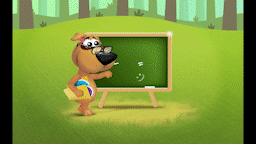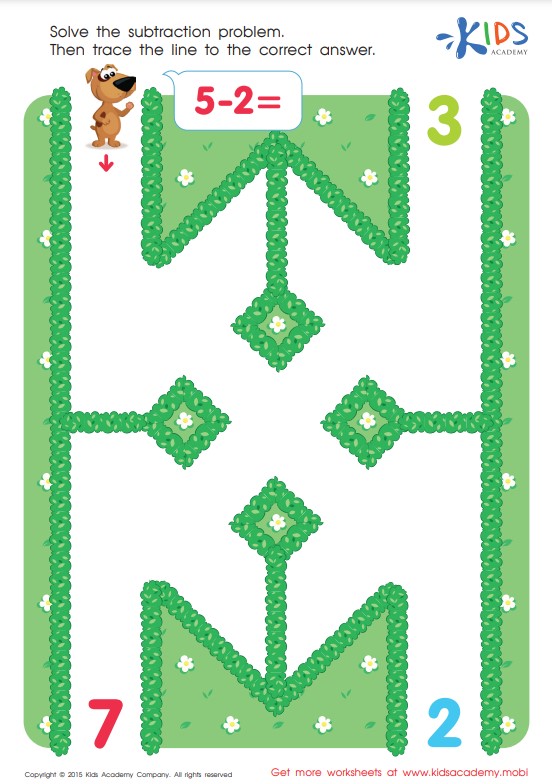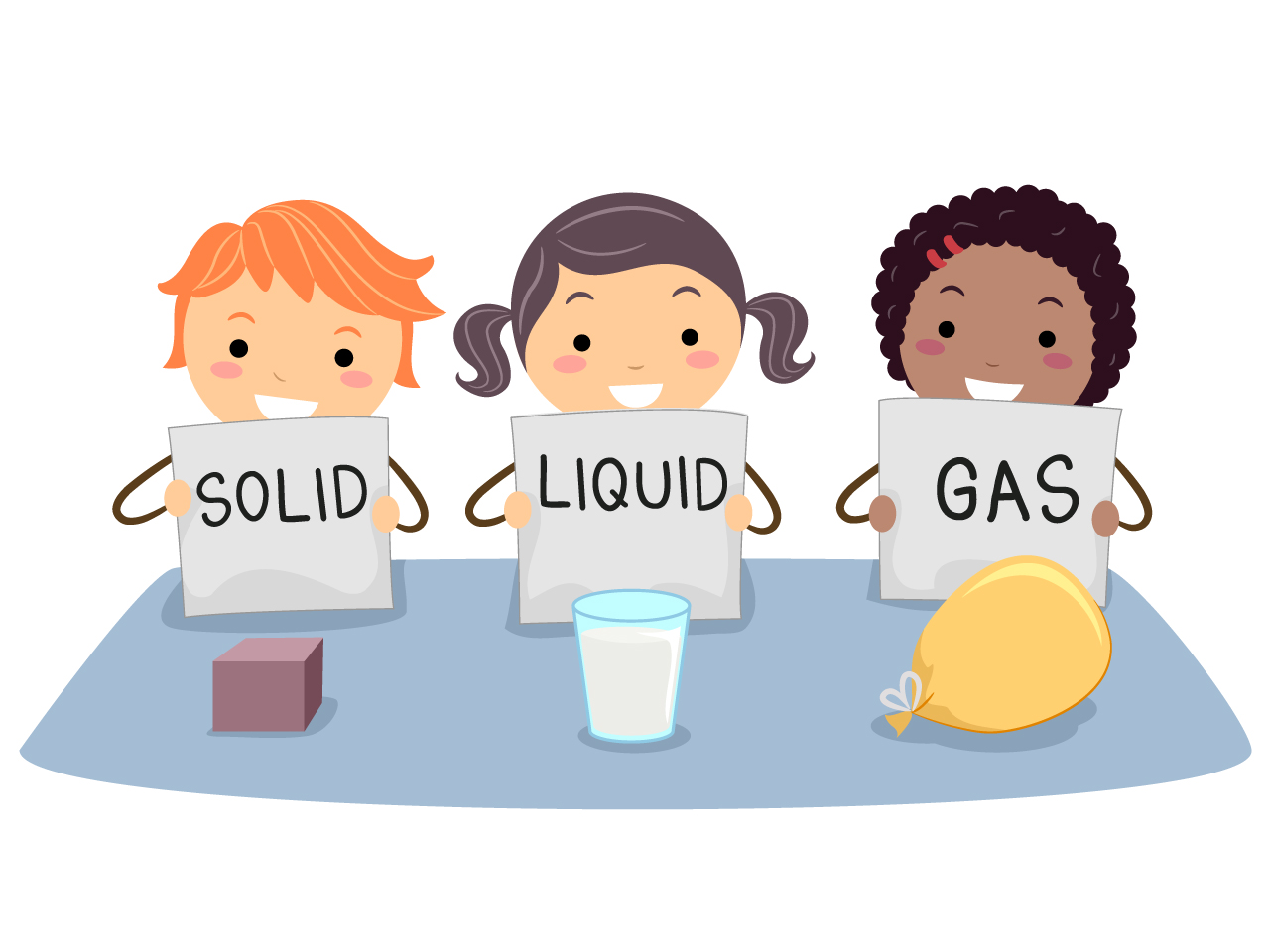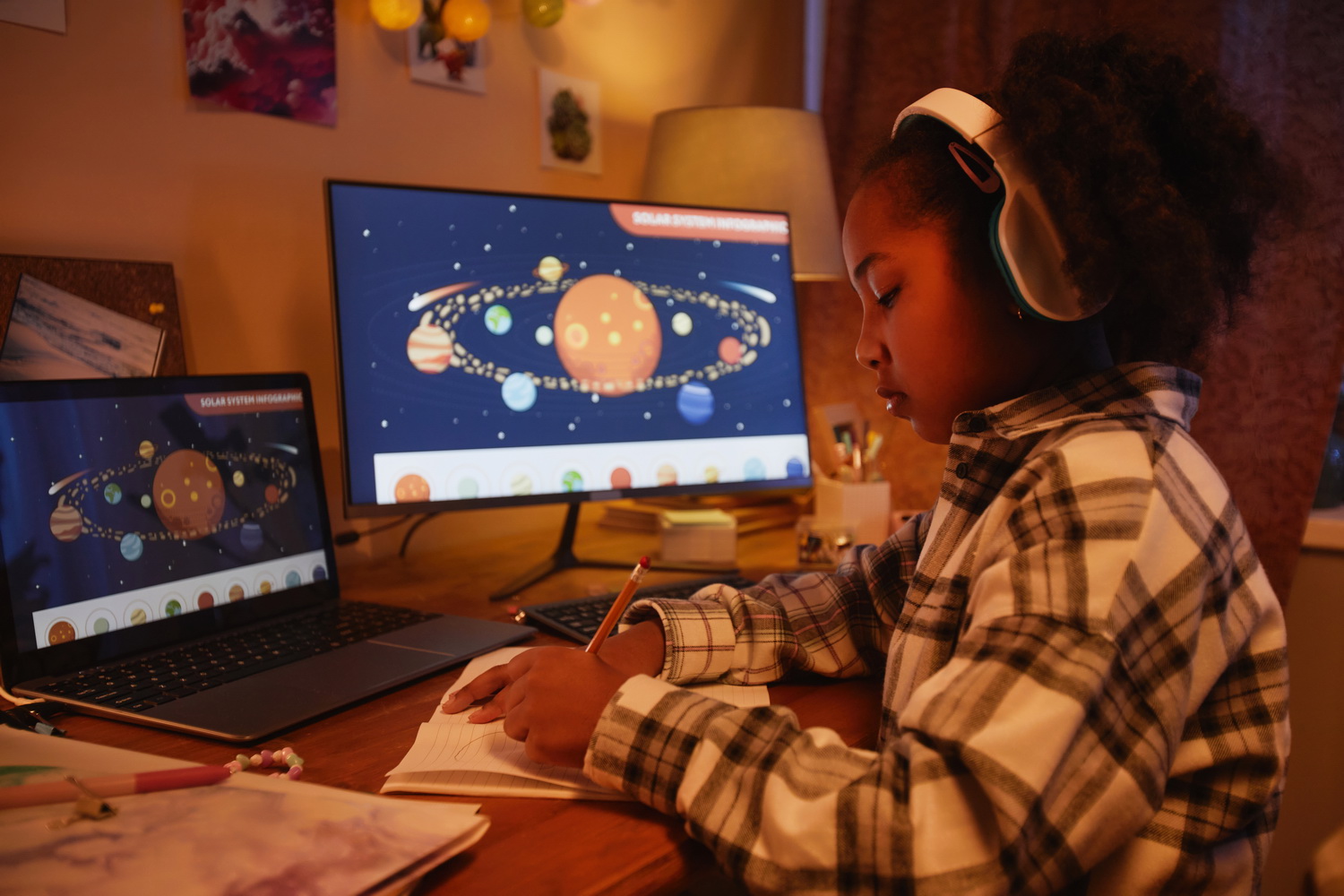6 Benefits of Puzzles for Kids You Might Not Know About
Jan. 19, 2023
Hey! We are ready to celebrate National Puzzle Day! Every January 29th, we acknowledge the benefits of puzzles for our brainwork.
Puzzles are a great way to put your mind to work, whether it's a crossword or jigsaw, trivia or word searches. Many studies have shown that we use both the left and right sides of our brains when solving a jigsaw puzzle. It is also proven that puzzle-solving exercises improve memory and cognitive function.
While puzzles can be a great way for older children to improve their brain function, what are the benefits of this activity for younger children? These are some of the key facts that prove puzzles are great brain food for any age.
Basic concepts understanding and development of basic skills
Puzzles teach young children the concept of a "whole" and that each piece of the larger picture is only a smaller fraction. It helps children develop skills like shape recognition, concentration and goal setting.
Language and Math skills
Crossword puzzles and word searches have the obvious advantage of improving vocabulary and language skills. Sudoku, a puzzle that sequences a series of numbers on a grid to solve, also trains our brain. This puzzle can sharpen number skills and memory by testing memory and logical thinking.
Kindergarten addition and subtraction puzzles with a funny dog helper are a great way to engage your little one into the studying of elementary math via puzzles!
Click on the worksheets to complete them online!
Problem Solving
A puzzle tests your memory, judgment, visual-perceptual skills, and critical thinking. A puzzle can only be solved in one way. As children learn to think more rationally and develop strategies, they will see the progress with each puzzle solved.
Here is a range of puzzle-type worksheets that you can solve together with your kindergartener!
Click on the worksheets to complete them online!
Social Interaction
There are also social benefits thanks to puzzles. These brain teasers can improve social interaction by helping us to work together. These interactions, whether we play with our kids or join a group, keep us socially active. They also teach our children how to socialize. Even working with them in silence can help you focus your mind in a peaceful and meditative manner that isn’t forced.
Teamwork
Sometimes, children will share the challenge of solving a larger puzzle with their friends. One child might be responsible for finding the outer edges, while the other may focus on the element within the puzzle. Communication and teamwork are key to completing the puzzle.
Coordination and Motor Skills
Because each piece must be exactly matched, puzzles improve hand-eye coordination and fine motor skills. Since children must work carefully, you may observe some correlations between a child's ability in completing puzzles and their handwriting.
Interactive puzzles are also present in the Talented and Gifted mobile app that allows your kid to develop their fine motor skills:

And solve subtraction number sentences as well!

So, let puzzles stimulate our brains and keep them active throughout our lives!
















